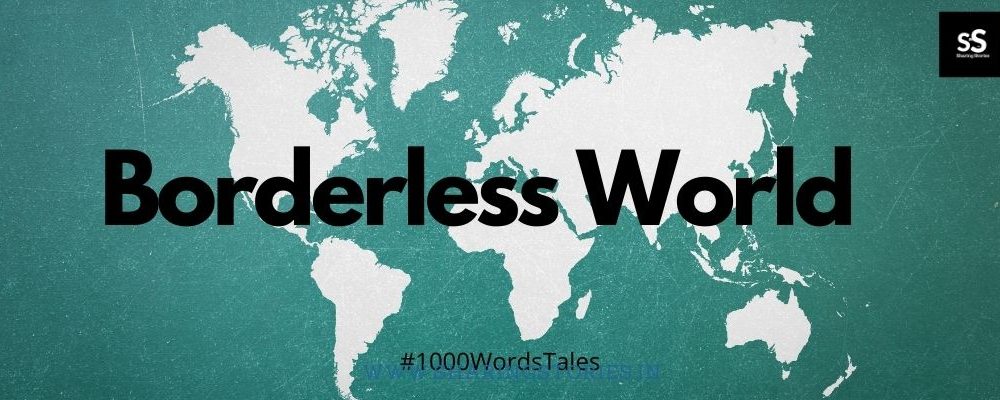#1000WordsTales | “Borderless World” | Feb 2021
Weave a story in 1000words in a situational prompt given by sharing stories.
February 2021 Prompt.

‘No more thin lines of Boundary’
Imagine the World as a unified entity…a planet which is no more demarcated and defined by several boundaries of Nations.
Write down a story in thousand words where your protagonist lives in a borderless world. Interpret the prompt in any genre and weave a tale which carries a message of humanity.
Guidelines
- Share the link of this page on your Social Media and tag #Sharingstorieslive and #sharingstorieswritingcontestPreviously published work is not eligible for the contestWord limit– Minimum- 850 words and Maximum- 1000 wordsPrize will be only delivered within India. Though winning entries outside India will be featured.
- KINDLY MENTION YOUR NAME IN THE DOCUMENT.
- Last date of submission –20th March 2021
- Only one entry per person.
Want to publish your book with us?
Discover marketing services, interviews & publishing tools at SharingStories.
Discover marketing services, interviews & publishing tools at SharingStories.
